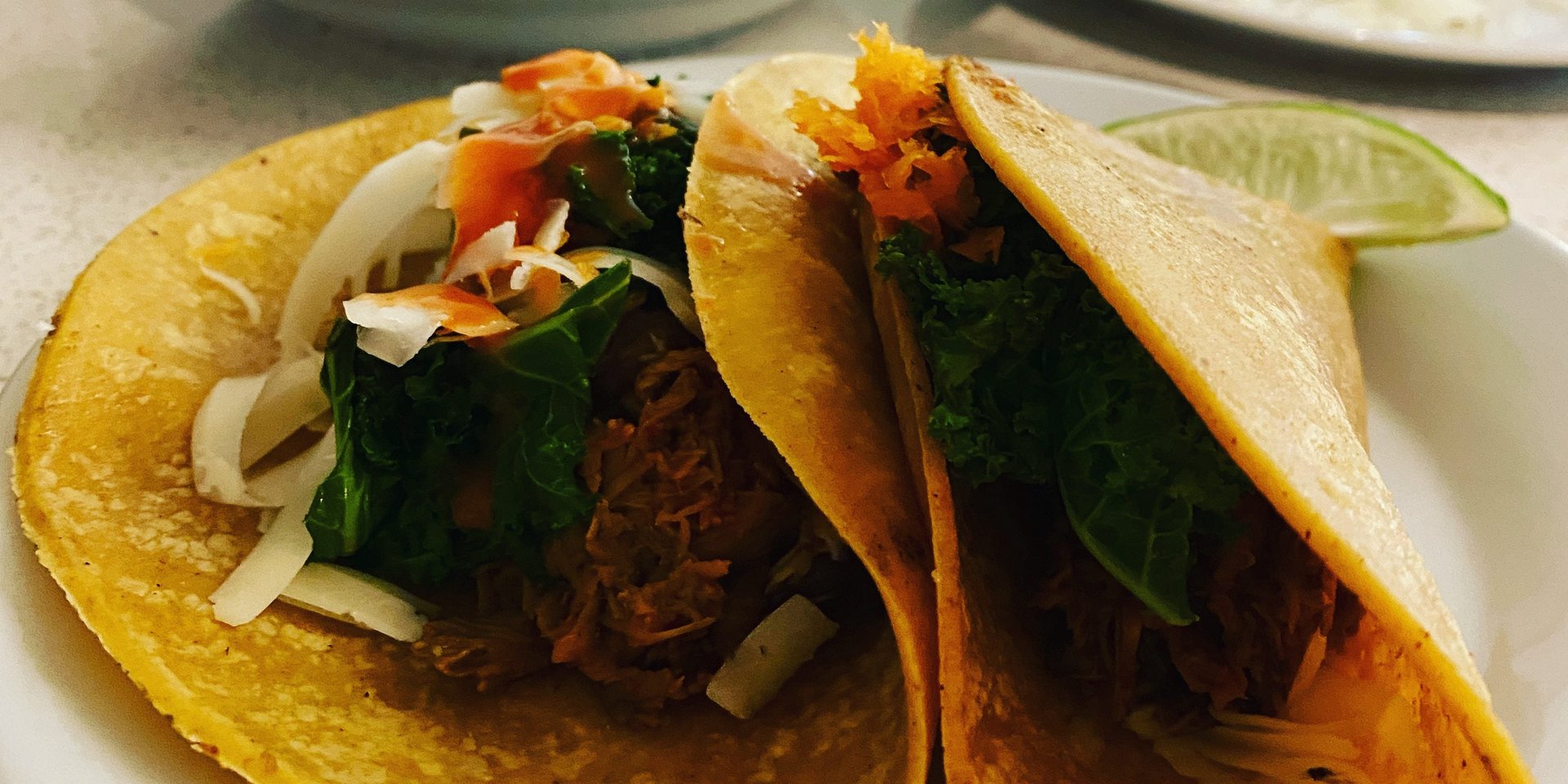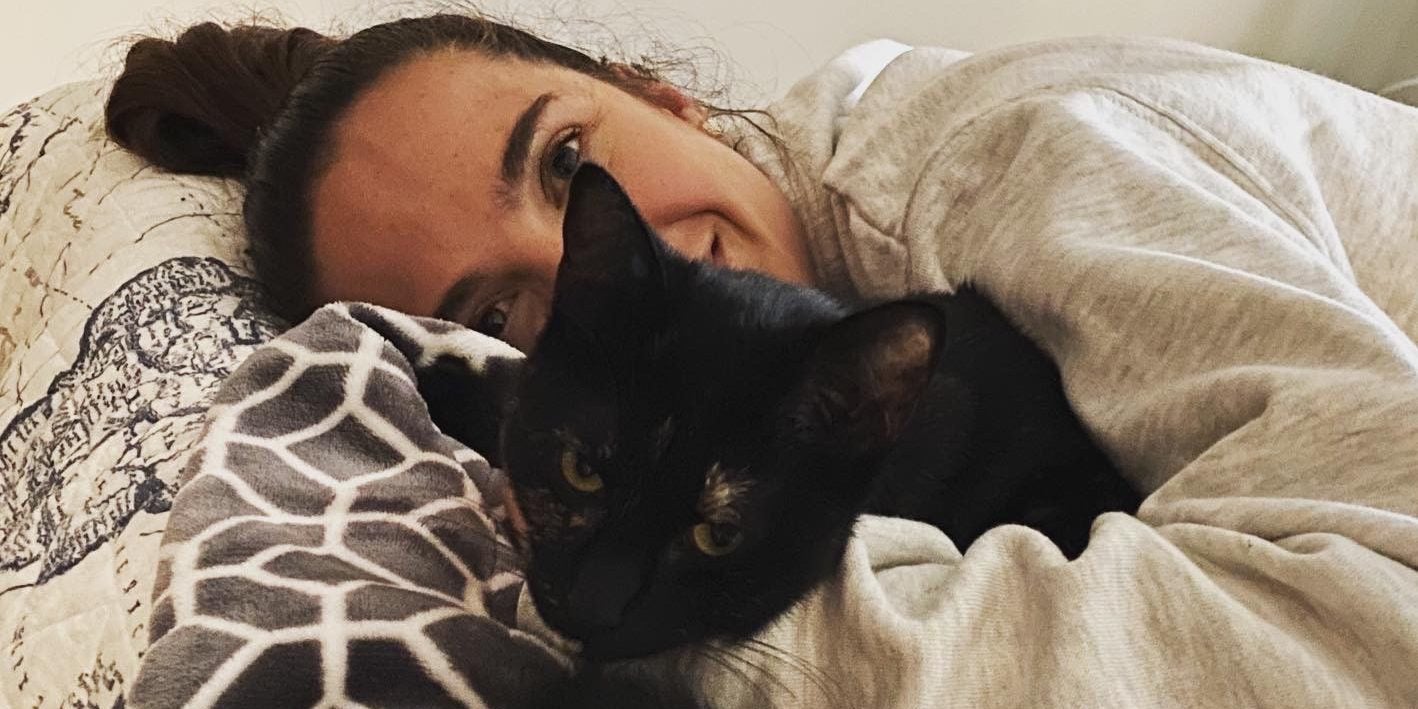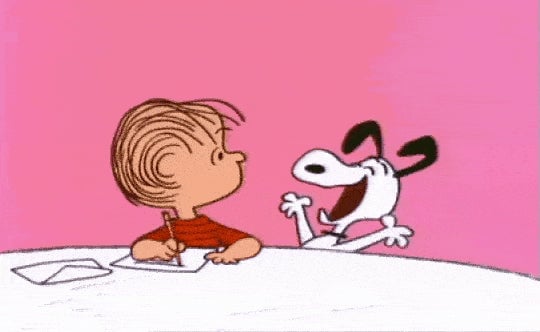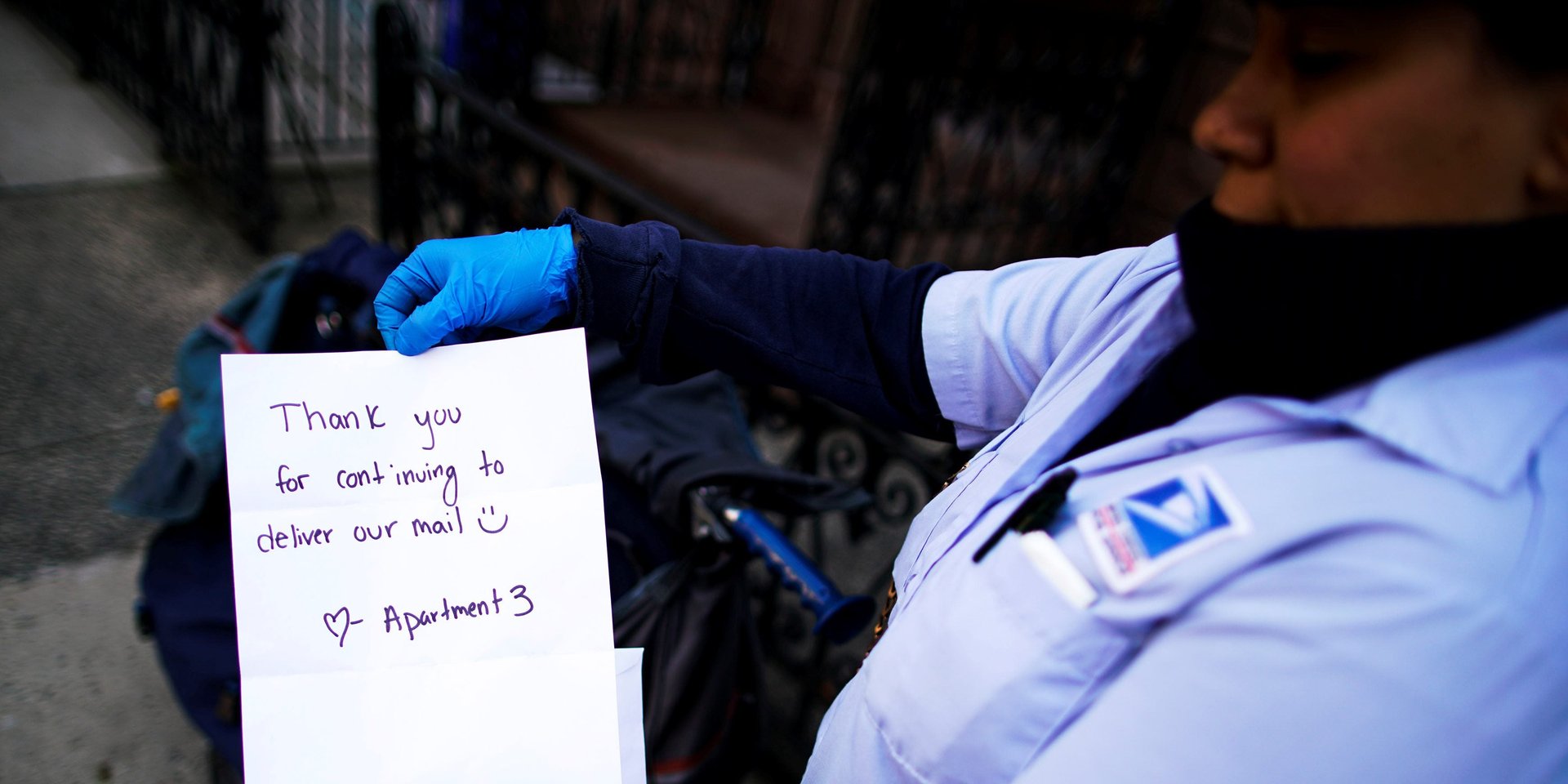Quartzy: the giggles edition
Happy Friday!

Happy Friday!
I’m Katherine Foley, a health and science reporter for Quartz. I’m taking a break from my regular beat today to talk to you about something other than Covid-19: laughter.
Back in March, when the pandemic set in fully in where I live in Washington, DC, I would wake up every morning with what felt like a weight on my chest. I know I’m not alone. The grief hanging in the air—for loved ones, for bank accounts, for a night out, or even just a moment of true solitude—is as thick as the summer’s humidity here, which is already creeping in with the warmer weather. But still, moments of joy fight their way through. When they appear, they pierce through the overall gloom.

For me, those moments haven’t been particularly profound. One evening, my partner and I were sitting on the couch. For reasons I can’t remember, we started blowing raspberries—as in, pursing our lips together and blowing air through them to make fart noises. We giggled and compared techniques, trying to come up with the most realistic sound effects. It was incredibly stupid. But still, we carried on for 15 minutes. We laughed so hard we couldn’t breathe. I had actual tears of joy. As we got ready for bed, it was a relief to feel the remnants of chuckles, rather than the weight of tomorrow in our modified world.
Adjust your expectations.”It’s hard to be happy right now,” says Ingrid Fetell Lee, the author of the book Joyful: The Surprising Power of Ordinary Things to Create Extraordinary Happiness. “But those moments of joy are still accessible to us.” Sometimes, these moments can make us feel uncomfortable or in poor taste—like it’s a betrayal to those that are going through an unrelenting, terrible time. A lot of comedy, however, relies on that painfully awkward feeling.
“Humor is something people inherently enjoy,” Peter McGraw, a psychologist at the University of Colorado, Boulder, told the Atlantic in 2014. “But there also needs to be something wrong, unsettling, and threatening in some way.” The pleasure we get in the form of laughter comes from realizing that something is actually benign. It still acknowledges the terrible thing, but then makes it less scary—at least temporarily. It’s like when Trevor Noah made fun of millions of Americans hoarding toilet paper during the pandemic. Scary, but also: absurd.

📣If you want a curated, non-hysterical, and sometimes even funny selection of Covid-19-related news delivered to your inbox a few times a week, check out our Need To Know: Coronavirus newsletter. 📣
Laughter as a form of joy. According to Lee, joy and happiness are often conflated. And though the former might lead to the latter, they’re distinct emotions.
Happiness, she says, isn’t a singular feeling, but rather a state that results from feeling content and secure. “Joy is much simpler and more immediate,” she says. “It’s defined as an intense momentary experience of positive emotion.”
One of the reasons we tend to overlook joy is that because of its uncomplicated nature, we often associate it with children, she adds. But kids are more open to wonder and delight. As adults who spend most of our time operating in a complex world, we forget that not everything needs to be meaningful on multiple levels. Sometimes, pleasure can be as simple as a spontaneous moment of silliness—like our scene on the couch—or the smell of homemade pulled pork tacos, or the warmth of snuggling with a pet.

Sparks of resilience. There is evidence humor physically helps the body cope with tough times, too. Stress is meant to be a short-term reaction that gives us a burst of adrenaline and high blood pressure to get through a brief scenario—it’s not meant to last months on end. Moments of laughter and delight release a spark of dopamine throughout the body, which acts to reset the cardiovascular system after the prolonged stress we may feel during, say, a global pandemic.

Some studies have even found that people who reported laughing every day were less likely to have a stroke than those who did not. Although joy certainly not a replacement for dealing with trauma (or taking actual medicine), it definitely doesn’t hurt to get a laugh in every now and then.
Ferne Pearlstein, the director of the documentary The Last Laugh, which covered Jewish people’s use of humor during and after the Holocaust, found humor was “a counterattack for people who had few, if any, other ways of fighting back.”
An upward spiral. A joyful moment on its own may not lead to long-lasting happiness, but patterns of it can. Positive emotions tend to make you more open-minded, Lee says, which ultimately help you think more creatively and productively.
“If I come into work in a good mood, I get more work done, and then I have more time to spend with people I love, and more resilience to deal with life’s shocks,” she says. While laughing at fart noises isn’t directly advancing my life in a meaningful way, intentionally seeking out respites of silliness and laughter within each day could. Or at least, that’s what I’m choosing to believe.

On the lookout. I’ve started noticing these other unexpected moments of laughter popping into my life: A little girl riding her bike, cheering on her dad as he huffed on foot next to her. An unexpectedly challenging virtual workout with my running group, using a pot filled with water as a weight. TikTok videos about quarantine or Covid-19 or feminism (or both!) sent by close friends. All these moments remind me I’m not alone, and some parts of life are still normal. So go ahead, giggle. And don’t feel guilty about it.
Have a goofy weekend,



PS. Create your own future joy by doing things like planting tulip bulbs in the fall, or wearing a colorful outfit to see yourself in the mirror (or others’ reaction on the street), Lee says. I’ve been sending handwritten letters in colorful ink to friends—including some I haven’t talked to for years. The reflection I put into to writing them brings me peace, and the joy comes from knowing that my friends will know that I was thinking of them. Like this delightful 11-year-old, I am so incredibly grateful for postal service workers these days.